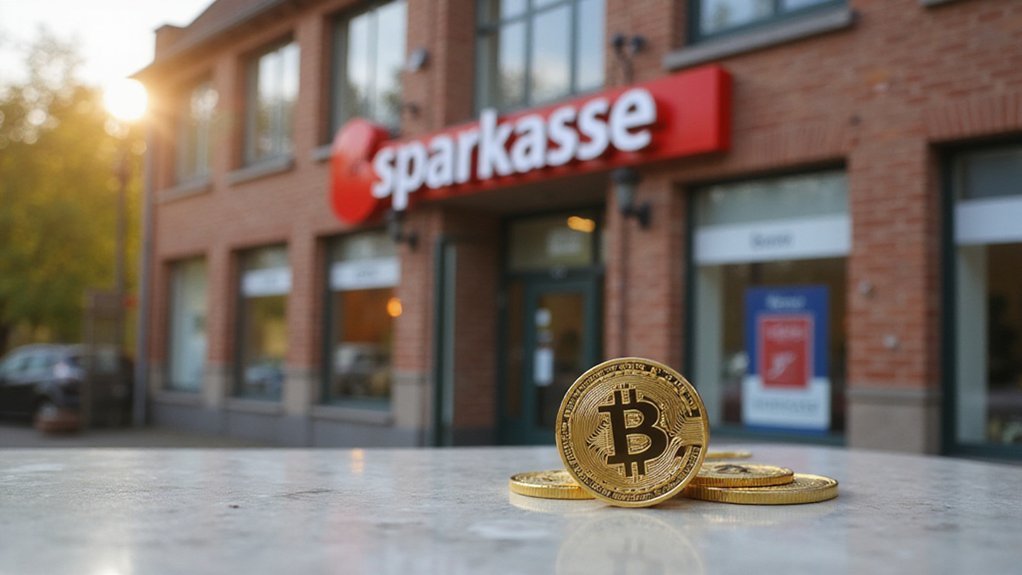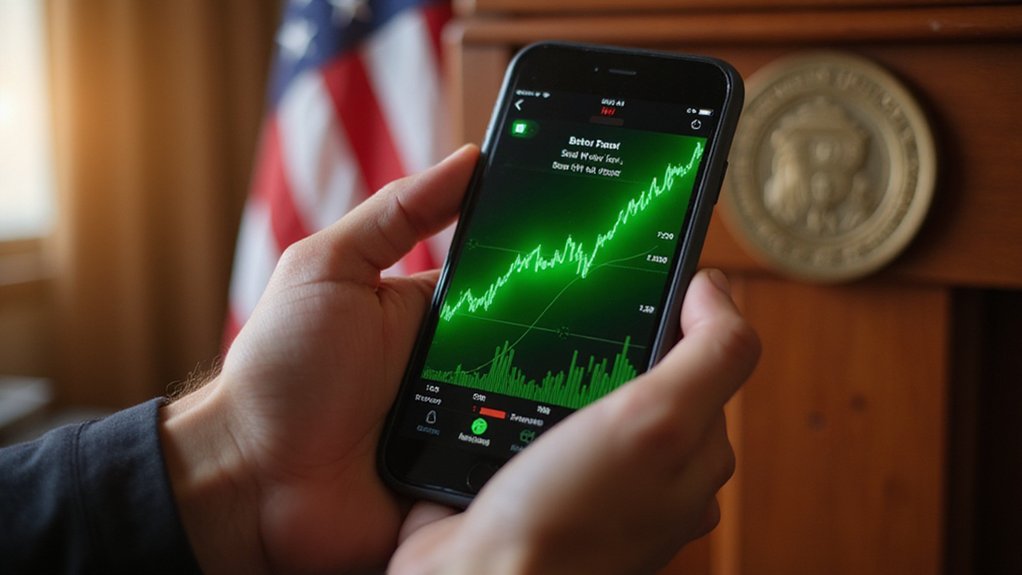Germany’s largest banking consortium has decided that if you can’t beat them, you might as well join them—and charge fees in the process. Sparkassen-Finanzgruppe, serving 50 million customers, plans to launch cryptocurrency trading by summer 2026, marking a remarkable pivot from their previous stance of treating digital assets like radioactive financial instruments.
This transformation stems largely from the EU’s Markets in Crypto-Assets (MiCA) regulation, which has provided the regulatory clarity that traditional banks desperately needed before dipping their toes into crypto waters. DekaBank, Sparkassen’s securities division, will orchestrate this endeavor, focusing initially on Bitcoin and Ethereum—apparently the only cryptocurrencies deemed sufficiently respectable for German retail banking sensibilities.
The technical implementation promises seamless integration through the existing Sparkasse app, eliminating the need for customers to venture into the wild west of third-party exchanges. S-Payment, the group’s digital services specialist, will develop a regulated cryptocurrency wallet experience that keeps transactions within Sparkassen’s carefully controlled ecosystem. This approach cleverly sidesteps additional identity verification requirements while maintaining the regulatory compliance that German financial institutions hold sacred.
The strategic implications extend far beyond Sparkassen’s balance sheet. By mainstreaming cryptocurrency access for millions of everyday Germans, this initiative could fundamentally reshape retail crypto adoption patterns across Europe’s largest economy. The move also positions Sparkassen to capture market share from unregulated exchanges while potentially triggering competitive responses from other traditional German banks. Notably, the project represents a complete reversal from three years prior when Sparkassen initially rejected crypto trading proposals.
Sparkassen’s crypto gambit could trigger a domino effect across German banking, fundamentally reshaping how Europe’s largest economy embraces digital assets.
What makes this development particularly significant is how it represents institutional finance‘s grudging acceptance of digital assets as legitimate financial instruments rather than speculative curiosities. Sparkassen’s reputation for stability and conservative risk management could provide the institutional credibility that cryptocurrency has long sought in mainstream markets. This shift coincides with record-breaking Bitcoin ETF inflows throughout 2025, demonstrating unprecedented institutional demand for regulated cryptocurrency exposure.
The timing suggests that regulatory clarity, rather than technological innovation or customer pressure, ultimately drove this decision. MiCA’s framework has fundamentally given traditional banks permission to profit from cryptocurrency trading without abandoning their risk-averse corporate DNA.
Whether this calculated embrace of digital assets will prove prescient or merely expensive remains to be seen, but Sparkassen has clearly decided that missing the cryptocurrency revolution poses greater risks than joining it.









